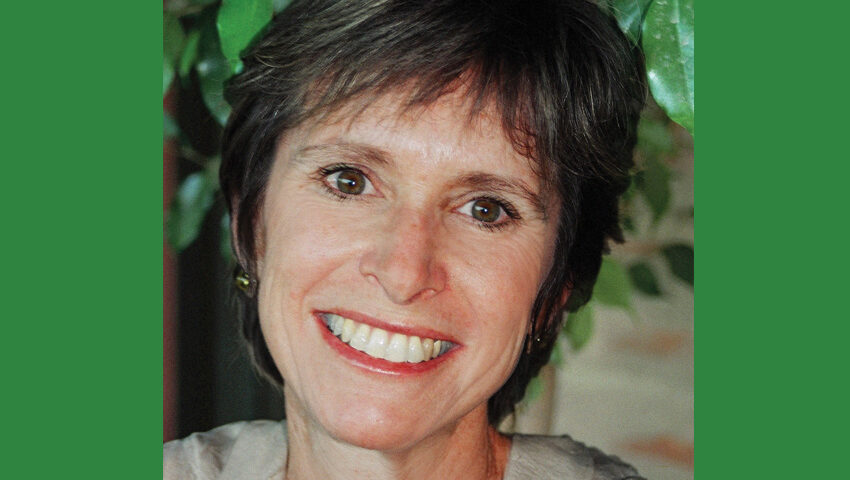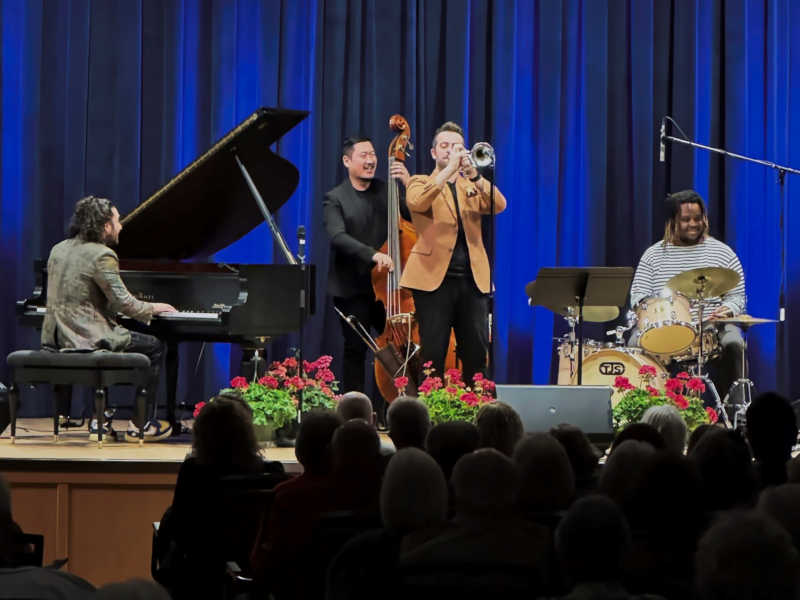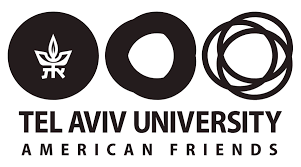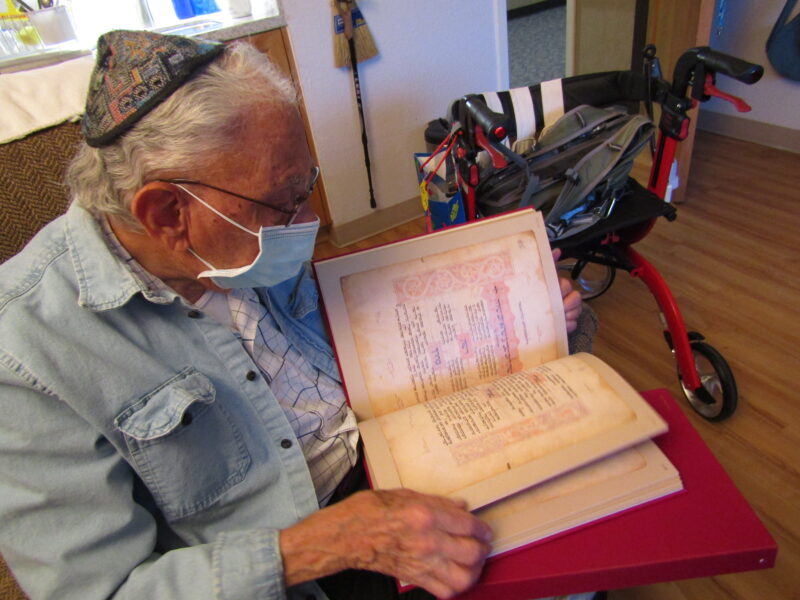I grew up in a house where words were the currency by which my brother and I gained recognition. Unlike most of our peers, where parental approval was dished out for things like making the varsity team or getting straight A’s, my dad’s highest form of praise came as a result of the words we used and how we used them. It’s no surprise, I suppose, that my brother got his doctorate in English linguistics, and I make my living as a wordsmith by writing and teaching.
But I’m not complaining. I absolutely loved the form and sound of words as they rolled around in my mouth. Gargantuan, entropy, neophyte, sophomoric. Each word offered worlds of possibilities, in phrases and sentences I could casually throw out like confetti at a parade.
In You Can’t Go Home Again, Thomas Wolfe wrote these powerful words: “You can’t go back home to your family, back home to your childhood … back home to the old forms and systems of things which once seemed everlasting but which are changing all the time – back home to the escapes of time and memory.” While it’s true that we can’t go back to the time and places of our childhood, we can recapture a part of our youth if we remember the words of wisdom that our parents shared with us as we were growing up.
In my home, an abundance of wisdom was served along with the four food groups at the dinner table. When things were going well for my dad at work, when our family was happy and healthy, he would look at us wistfully and say, “If I could only stop the clock right now …”
When I came come home from school crying because my glasses were stolen, or years later, when my luggage was lost on a trip overseas, he would calmly remark, “Just remember, if you have a problem that money can fix, it’s the best type of problem to have.”
My mother offered another type of wisdom that often sounded more like admonitions than aphorisms. Walking through Loehman’s she would counsel me quietly: “You can never be too rich, too thin or own too many silk blouses,” a maxim that was lost on a girl who rejected the establishment and loved tie-dyed T-shirts. But there were also extremely insightful truisms that I think of to this day, such as the time my mom looked at me knowingly when I can home from college and said, “Everyone has a public life, a private life and a secret life. You will too.”
And my favorite lesson in parenting came when from my mother as I triple-belted my son into his infant seat. “We never used seat belts when you grew up, and you turned out just fine!”
Jewish tradition is replete with wisdom teachings, the most famous of which is contained in Pirkei Avot, or Ethics of the Fathers. The sayings found in this final book of the Mishnah offer moral advice and insights that are spiritual, practical and timeless. Over 2,000 years ago, people needed the same kind of guidance to navigate the seas of uncertainty as we do today, which is why Ben Zoma taught the following. “Who is wise? He who learns from every man … Who is a hero? He who controls his passions.” And why Rabbi Hillel cautioned, “Don’t judge your fellow man until you are in his place …” and reminded us “Don’t say I will study when I have time, for you may never find the time.”
I love the wisdom of our sages that has expanded from generation to generation and been passed down to us. From Rashi to Maimonides to the Baal Shem Tov and Rav Kook, from Abraham Joshua Heschel to Rabbi Yitz Greenberg, wisdom teachings have informed and guided Jewish living and enhanced our ability to see beyond the immediacy of our daily lives.
And whenever I feel upset or frustrated with what’s going on in my own life, I remember my father’s words and am comforted. “This too shall pass,” he would tell me with an assuring voice. And in time, it always does.
Amy Hirshberg Lederman has written more than 300 columns and essays that have been published nationwide.
amyhirshberglederman.com






